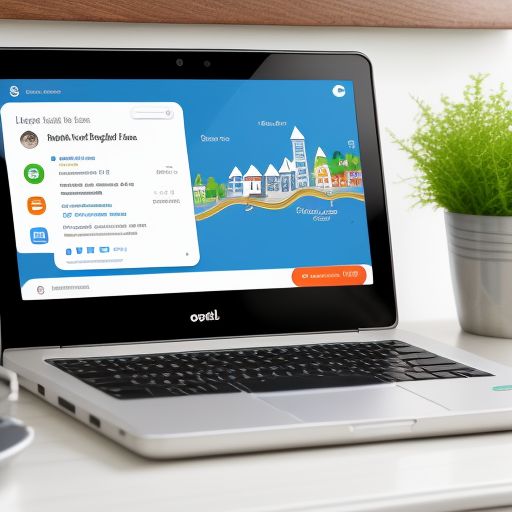
In today’s digital age, having an online presence is crucial for small businesses. However, merely having a website isn’t enough—you need to ensure that your business is visible to the right audience. That’s where small business SEO for local markets comes in. Local SEO is the key to connecting with customers in your area, driving foot traffic, and boosting your online visibility.
This guide will walk you through effective strategies for optimizing your website and online presence to dominate local markets.
Local SEO (Search Engine Optimization) focuses on improving your website’s visibility in location-based search results. For example, when someone searches for “coffee shops near me” or “best plumbing services in [city],” local SEO ensures that your business appears in the search results.
A well-optimized Google Business Profile (formerly Google My Business) is essential for appearing in local search results and Google Maps.
Integrate location-specific keywords throughout your website to target local markets.
If your business serves multiple locations, create dedicated landing pages for each area. Ensure each page includes unique content, such as:
Backlinks from reputable local websites signal to search engines that your business is trustworthy and relevant.
Most local searches are conducted on mobile devices, so your website must be mobile-friendly.
Positive reviews not only improve your online reputation but also boost your local SEO rankings.
Google Analytics
Monitor website traffic and how your site is used by users.
Google Search Console
Diagnose SEO problems and track your site’s performance in search results.
SEMrush or Ahrefs
Audit Local Rankings and Spy on Competitors’ SEO Strategies
BrightLocal
Designed for local SEO, this tool assists with managing online reviews, monitoring local rankings, and auditing citations.
Moz Local
Ensures your NAP is consistent across various other online directories.
Top Small Business Local Market SEO Mistakes
Incoherent Company Details
When your details (name, address, phone number) are mismatched, it confuses search engines and users alike.
Make sure all of your listings and directories are consistent.
Ignoring Reviews
This can damage your image in a big way if there are negative, unrated reviews.
Solution: Thank every reviewer in a courteous and proper manner.
Mistaking The Scope Of Target Audience
Potential customers will be turned off by a slow or poorly designed mobile site.
Solution: Regularly run your site through mobile performance tests and finx those issues as they come up.
Using Generic Content
Recycling content across location-based web pages is bad for SEO rankings.
Answer: Tailor content for every business location and target audience
What are the Benefits of Small Business SEO for Local Markets?
It Drives High-Intent Customers
Local SEO puts you in touch with people who are looking for the service (or product) you provide.
Builds Brand Authority
Ranking higher in local search solutions builds credibility and trust.
Outperforms Competitors
A good local SEO strategy will also make you more visible than larger competitors.
Drives Long-Term Growth
Local SEO is all about gradual improvements, and the visibility and customer acquisition that comes from it.
Q: What is small business SEO for local markets?
A: It’s a strategy that helps small businesses optimize their online presence to attract customers in specific geographical areas.
Q: How long does it take to see results with local SEO?
A: Results typically appear within 3-6 months, depending on competition and the effectiveness of your strategy.
Q: Can small businesses compete with larger companies using local SEO?
A: Absolutely! Local SEO levels the playing field by focusing on relevance and proximity rather than budget.
Q: Is Google Business Profile necessary for local SEO?
A: Yes, it’s a critical component for appearing in local search results and Google Maps.
Q: What’s the best way to get reviews for my business?
A: Ask satisfied customers directly or send follow-up emails with links to review platforms.
Investing in small business SEO for local markets is one of the smartest moves you can make to grow your business. By focusing on local optimization strategies, you can connect with nearby customers, improve your online reputation, and gain a competitive edge. Whether you’re running a café, a repair shop, or a consultancy, local SEO ensures your business stands out where it matters most—your community.